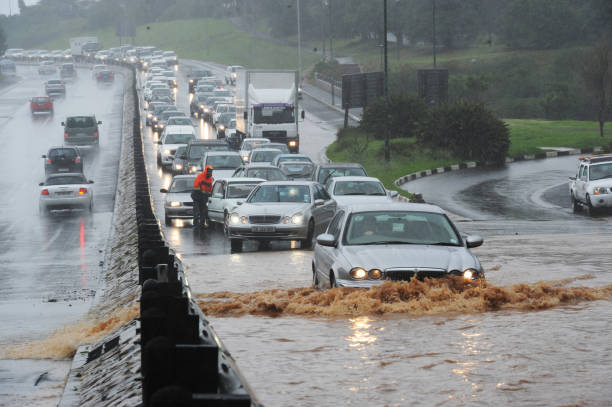when the transfer of monsoon season was taking place, the Jesar taluka in Bhavnagar district of Gujarat experienced a phenomenon known as “palto avata,” which refers to the reversal of wind direction. This resulted in heavy rainfall in the region, causing flooding in several areas.
As the Jesar taluka is located in an arid region, the locals were not prepared for the sudden heavy rainfall. The palto avata wind brought in a lot of moisture from the Arabian Sea, leading to the formation of clouds and subsequent heavy rain.
Due to the heavy rainfall, several areas in the taluka were flooded, and many houses and roads were inundated. However, the administration was quick to respond, and rescue teams were deployed to evacuate people from the affected areas.
To tackle the situation, the administration also used machines to pump out water from the flooded areas. Additionally, efforts were made to prevent the spread of water-borne diseases by providing medical assistance and clean drinking water to the affected population.
Despite the challenges, the locals in Jesar taluka came together to support each other during this difficult time. The incident highlighted the importance of preparedness and quick response during natural disasters, especially in regions that are not accustomed to heavy rainfall.

